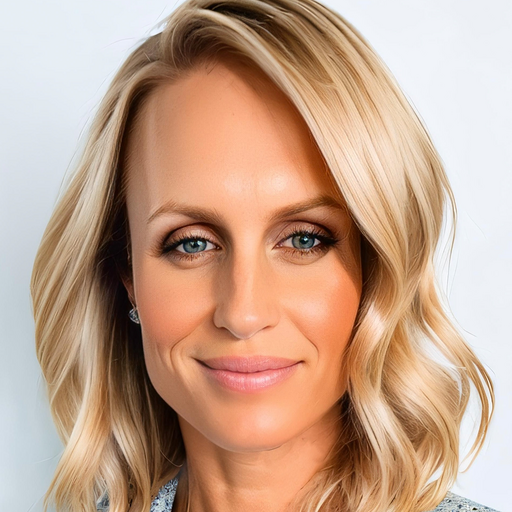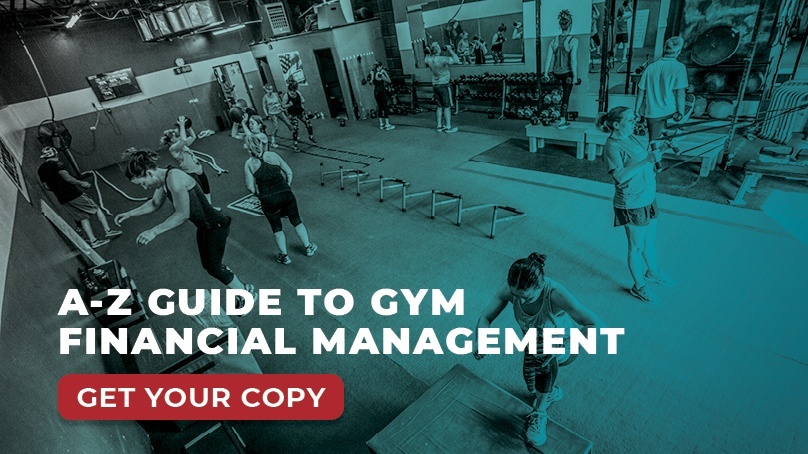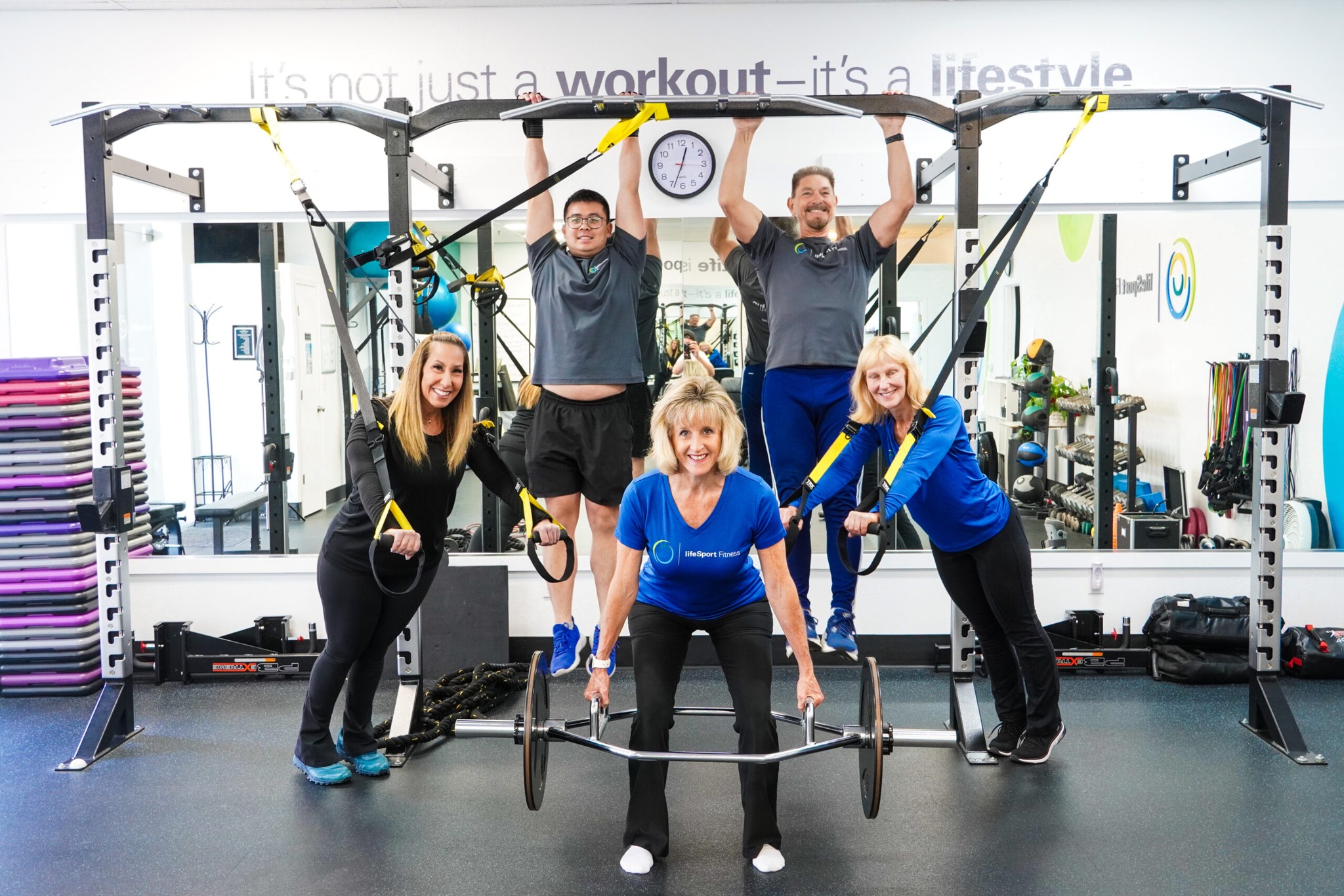12 Questions to Ask Before Setting Sales Goals for Your Business


Before I get to the list, let’s talk about goals. Setting goals for your business is incredibly important. Just like in your training, having a direction, a North Star, a benchmark by which you’ll measure your performance and success is key to improving. Looking at your business, there are so many areas where you could set goals. Many businesses focus their goals on growth, some on customer retention, others on revenue and some on the performance of their athletes and students. All of these focus areas are important, but for this post, I want to focus on member growth mainly because member growth means sales.
In previous blog posts and webinars, I’ve mentioned the fact that everyone in your business is a salesperson. Not every gym operates and trains their staff this way however. Everyone who works for you interacts with your members and prospects, represents your brand and can help you upsell and cross-sell your services. Therefore, every staff member at your facility also needs to know your sales goals.
Okay, so goal setting is important and you need to get buy-in from your staff, but let’s take a step back: Where do you even get started when setting the sales goals for your business? You should start by asking yourself these important questions:
1). How mature is your business? Are you new? Well-established in the community?
This will help you determine what your marketing strategy should be.
2). How many new members can you expect to onboard at one time?
Don’t overcommit yourself or your staff. How you onboard new members is incredibly important to creating sticky customers for your business.
3). How many members can your facility handle overall? Per class?
If you oversell your gym, you’ll run into issues with space, diminishing your member experience. Be smart about your member base when planning for growth.
4). How many members can you add before you need additional coaches or front desk staff?
Again, don’t overcommit. Hiring is hard and takes time. If you become overwhelmed with new members, the overall experience at your gym will suffer.
5). Do you know the key metrics that run your business?
You can’t set sales goals without knowing all of the key metrics of your business. These include numbers like monthly revenue, current active members, facility costs, etc.
6). Do you know how much it costs you to get a new member?
Customer acquisition costs are an essential metric for you. If you’re paying more through online ads, flyers or a referral program than each member is actually worth to your business, your marketing plan needs work.
7). Do you know how much money you make from each member?
This one metric will be a key component to determining your sales goals. If each customer is worth a lot to you, you’ll need to add fewer of them. If you have a low-cost model, you need a lot of new members to make it work.
8). Do you know how long your members stay with you on average?
This will help you forecast how many members will continue to be customers with you each month and help you figure out your net member count.
9). How do you track the performance of your business on a daily basis?
You need to have something in place to measure the overall performance of your business – every single day.
10). Do you have a system in place to track your new member sign-ups on a daily basis?
This is a component of tracking the overall performance of your business but it’s an important metric to track on its own.
11). Do you have a process in place to inform staff members of new sign-ups?
When someone new signs up, you should celebrate it across all of your staff in the gym. Make sure you have something in place to let everyone know when a new member joins.
12). How will you celebrate successes when you hit your goals?
This should be fun. Make sure you pause and celebrate when you have a great day or month with everyone on your team.
This may seem like a long list of questions, but if you don’t have answers to these fundamental points about your business, it’s highly likely that you’ll miss-set your goals from the start and either aim too high or even worse, aim too low.
A goal without a plan is just a dream. How can you ensure the goals for your business are indeed goals, rather than lofty dreams? Be sure to watch our insightful webinar, “Goal Setting to Drive Success” to learn how to create SMART goals for your fitness business, as well as your personal life.

I’m Coach Kelli, a devoted CrossFit gym owner with 15 years of experience managing my facility, along with owning yoga studios and wellness centers. Beyond the fitness world, I have a passion for cooking, cherish moments with my children and family, and find joy in spending time outside. Having experienced the highs and lows, I’m dedicated to leveraging my expertise to help you grow and succeed on your fitness journey.

I’m Coach Kelli, a devoted CrossFit gym owner with 15 years of experience managing my facility, along with owning yoga studios and wellness centers. Beyond the fitness world, I have a passion for cooking, cherish moments with my children and family, and find joy in spending time outside. Having experienced the highs and lows, I’m dedicated to leveraging my expertise to help you grow and succeed on your fitness journey.








